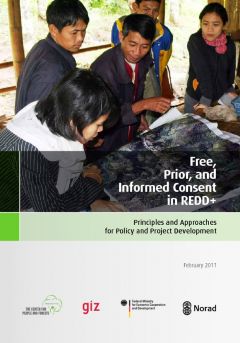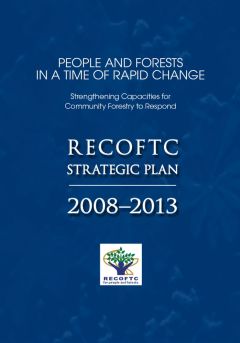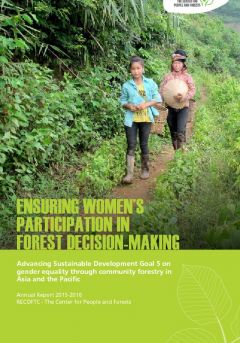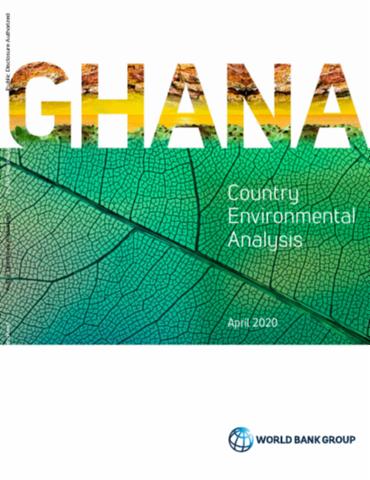Free, Prior, and Informed Consent in REDD+: Principles and Approaches for Policy and Project Development
The principle that indigenous peoples and local communities have a right to give or withhold their Free, Prior, and Informed Consent (FPIC) to developments affecting their resources is not new. However, experience using FPIC in REDD+ implementation is still limited in the Asia-Pacific region. Using relevant examples from a range of locations and sectors, this guidebook provides a basis for developing country-specific guidance on employing FPIC in REDD+ processes.











